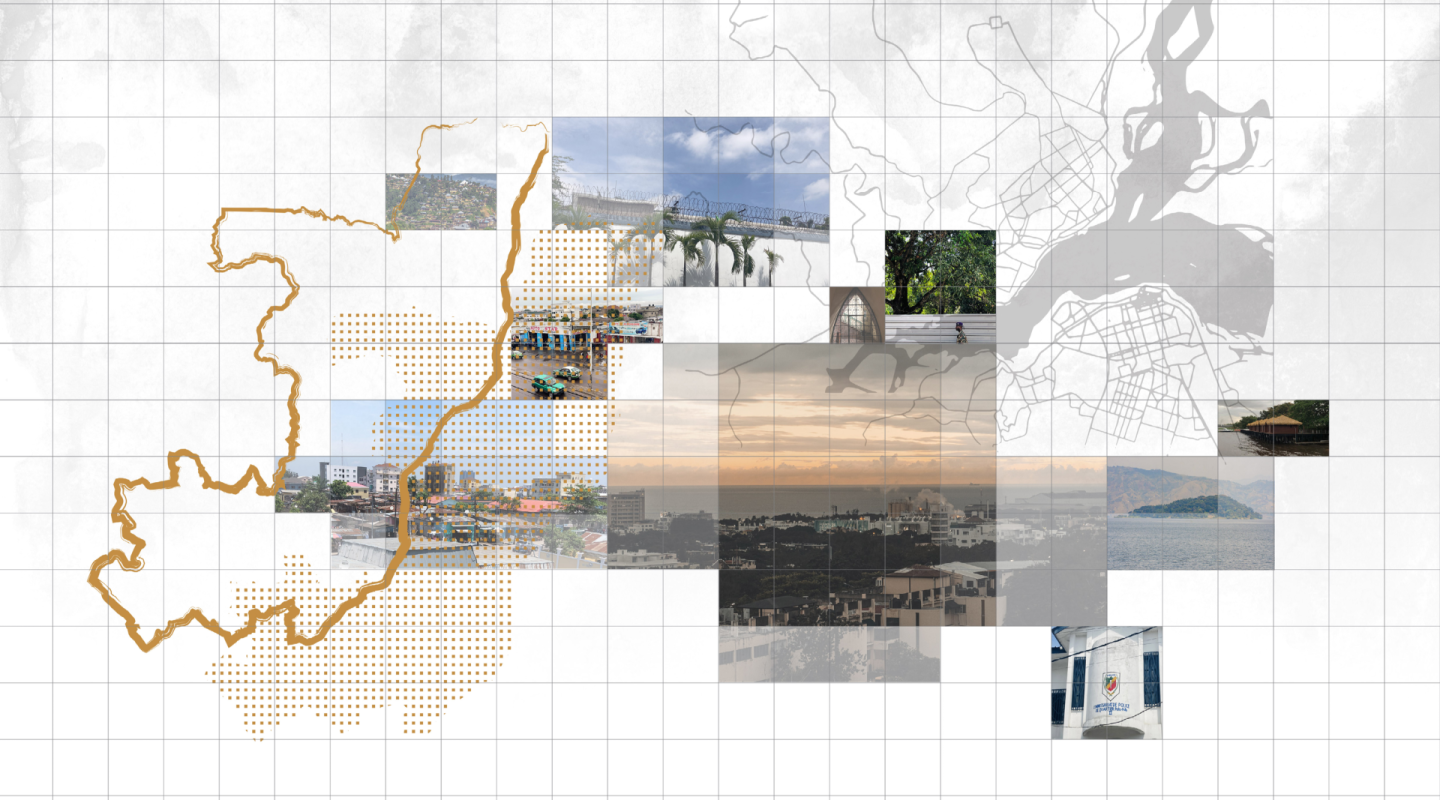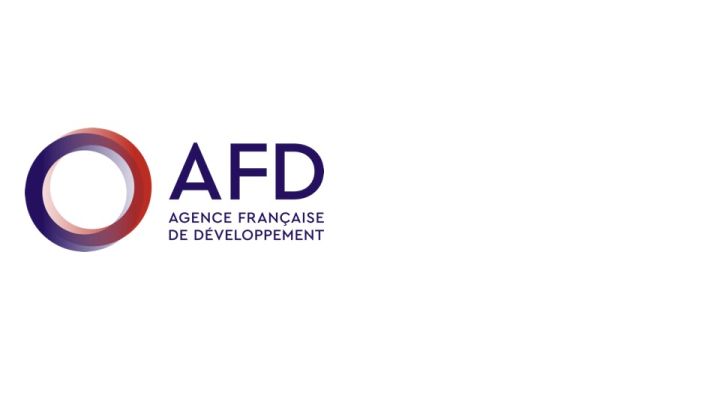
Republic of the Congo
Capital city — Brazzaville
Introduction
Country population
5,970,424
i
2022
Type of government
presidential regime
Human Development Index
Homicide rate (per 100,000 inhabitants)
Data not disclosed
